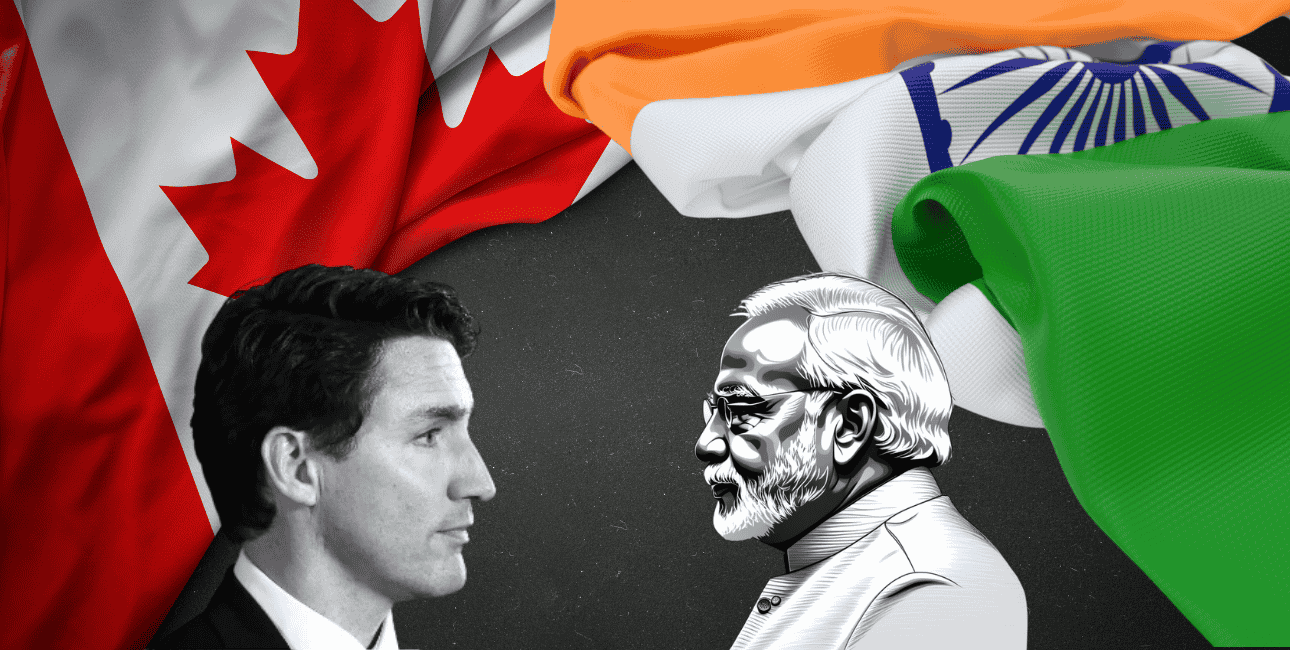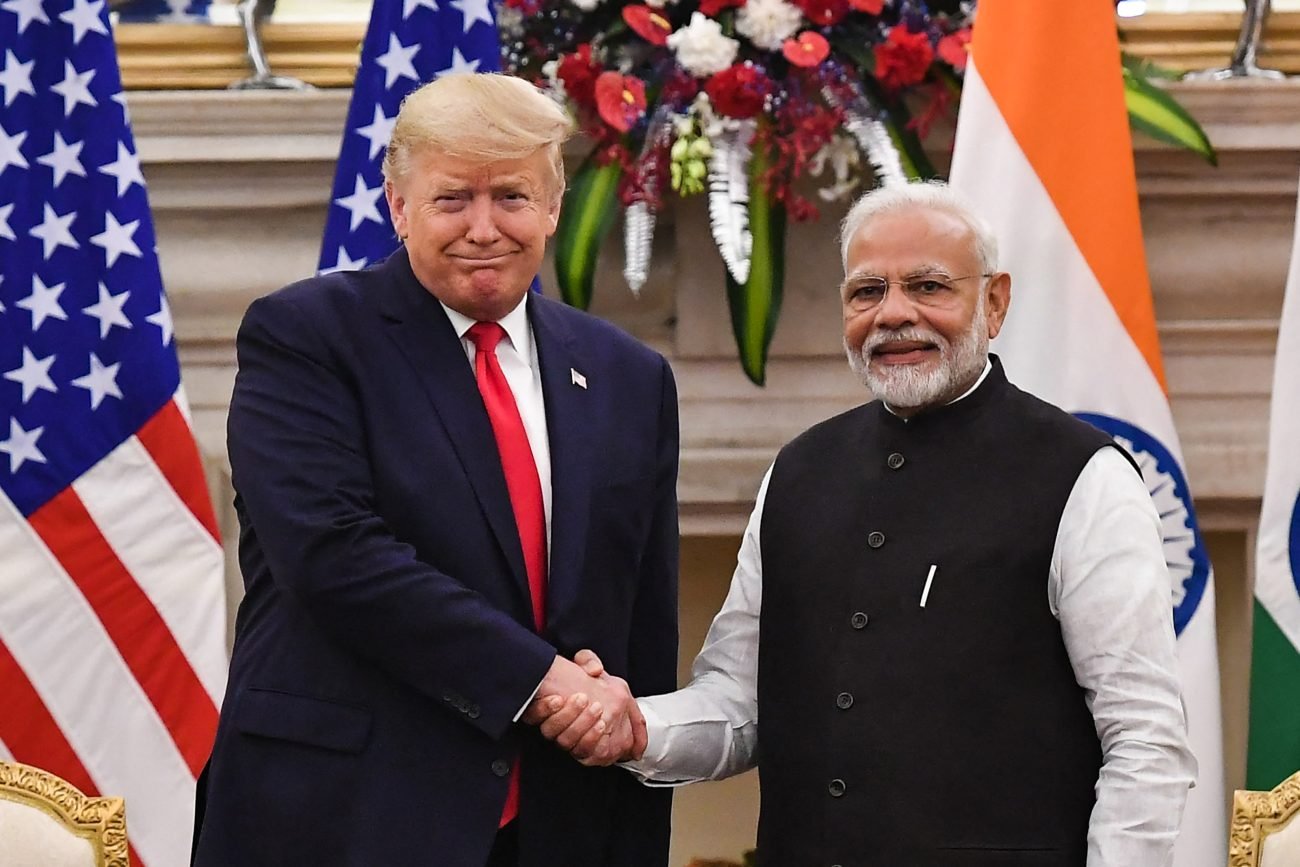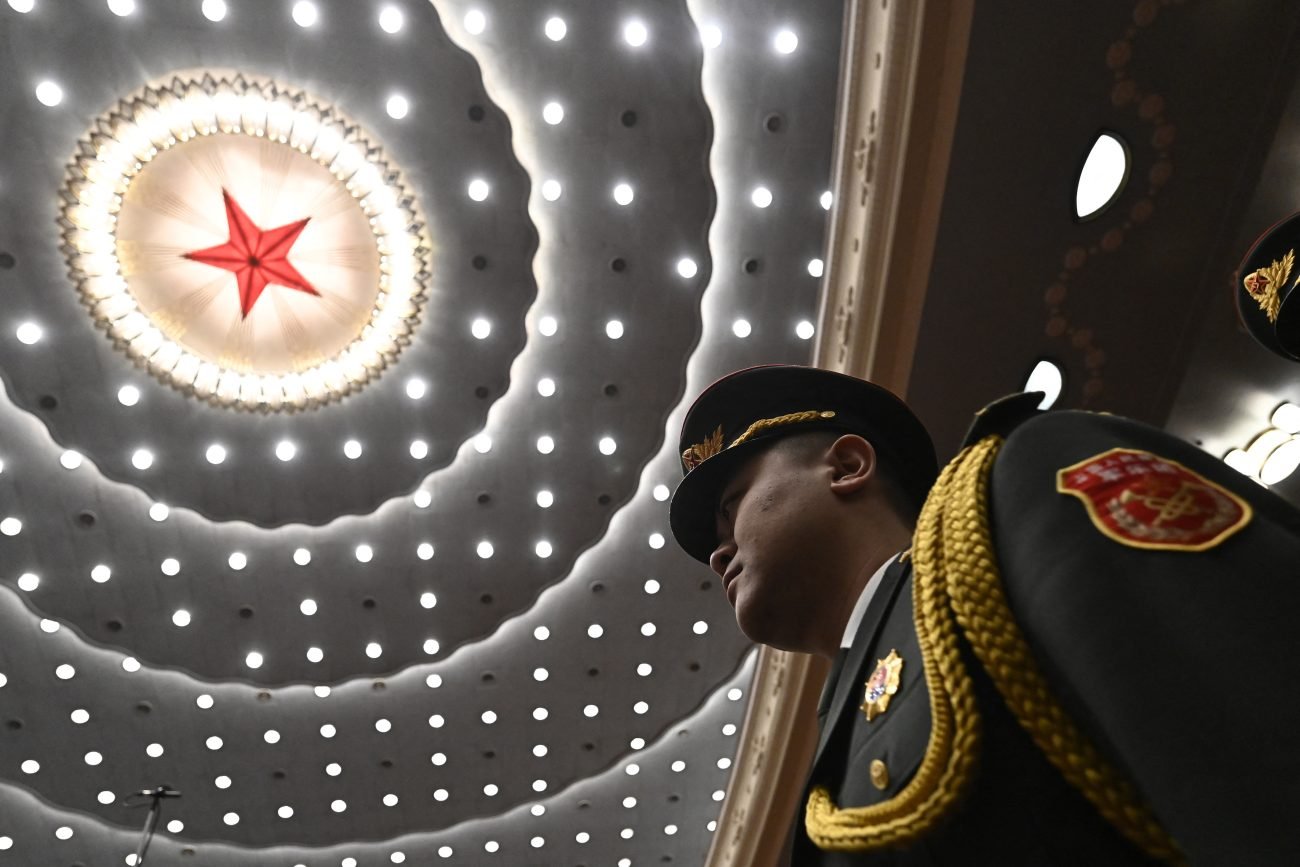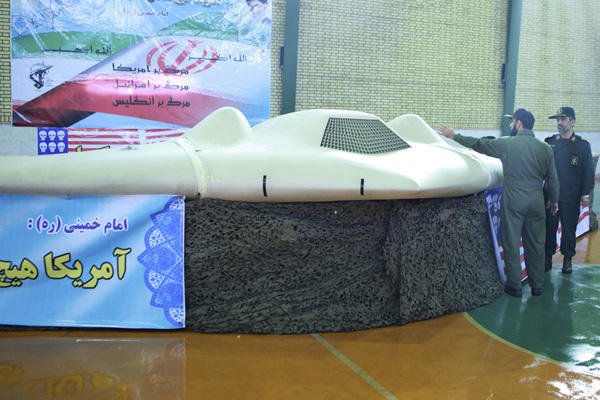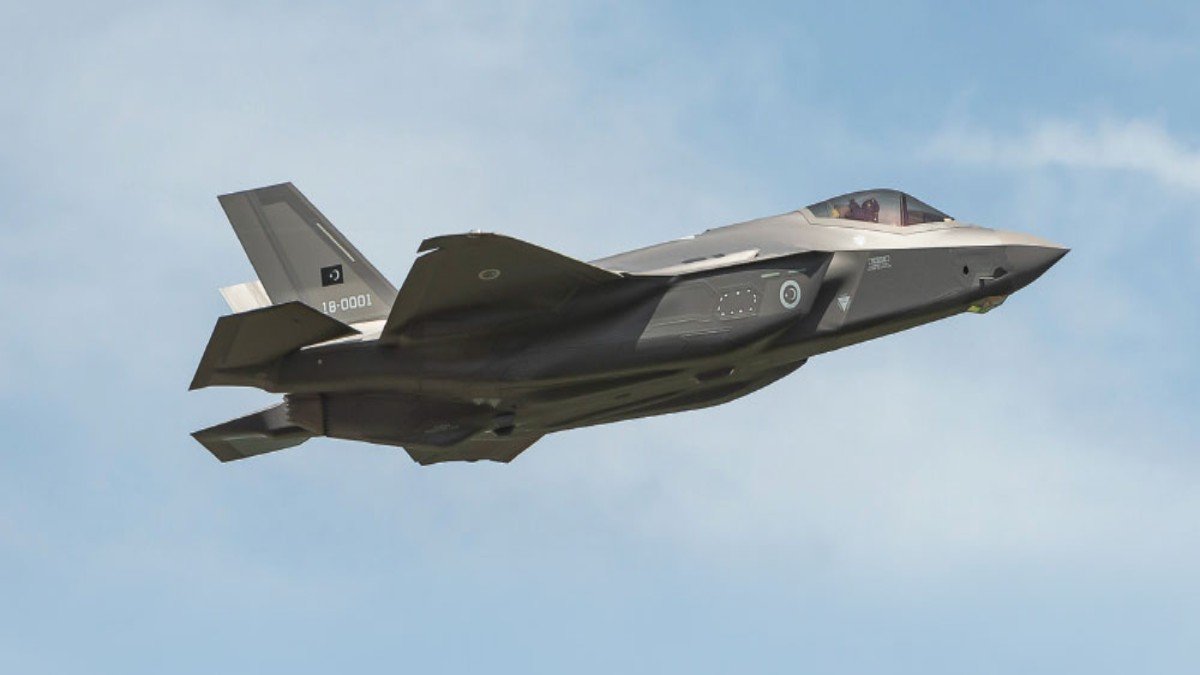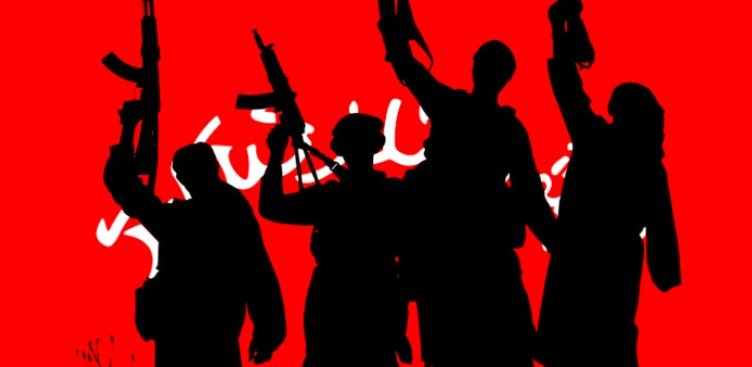“Glad to receive a call from Prime Minister Mark Carney of Canada,” Modi said in a statement posted on the social media platform X.
“Congratulated him on his recent election victory and thanked him for the invitation to the G7 Summit in Kananaskis later this month… look forward to our meeting at the summit.”
India is not a member of the G7, but Modi has been invited to attend previous summits since 2019, when France invited him to Biarritz.
Modi also congratulated Carney last month on his election win, suggesting hopes of a possible reset of fraught relations between New Delhi and Ottawa.
“As vibrant democracies bound by deep people-to-people ties, India and Canada will work together with renewed vigour, guided by mutual respect and shared interests,” Modi said on Friday.
Ties between Canada and India were strained following accusations of New Delhi’s involvement in the assassination of a Canadian Sikh, claims India denied.
Canada is home to the largest Sikh community outside India. That community includes activists for “Khalistan”, a fringe separatist movement seeking an independent state for the religious minority carved out of Indian territory.
Ottawa previously accused India of orchestrating the 2023 killing in Vancouver of 45-year-old naturalised Canadian citizen Hardeep Singh Nijjar, a prominent Khalistan campaigner, and targeting other Sikh activists connected to the movement.
India has repeatedly dismissed the allegations, which sent diplomatic relations into freefall with both nations last year, expelling a string of top diplomats.
The Khalistan campaign dates back to India’s 1947 independence and has been blamed for the assassination of a prime minister and the bombing of a passenger jet.
It has been a bitter issue between India and several Western nations with large Sikh populations.
New Delhi demands stricter action against the Khalistan movement, which is banned in India, with key leaders accused of “terrorism”.
Canada Fixing Ties
Earlier, Canada and China agreed to regularize channels of communication, the office of Canadian Prime Minister Mark Carney said on June 5, after a period of strained diplomatic relations between the two countries.
“Mark Carney spoke with the Premier of China, Li Qiang. The leaders exchanged views on bilateral relations, including the importance of engagement, and agreed to regularize channels of communication between Canada and China,” it said in a statement.
They also discussed trade and “committed their governments to working together to address the fentanyl crisis.”
Li told Carney that “in recent years, China-Canada relations have faced unnecessary disturbances and encountered serious difficulties,” Chinese state news agency Xinhua reported.
He added that China is “willing to work with Canada to jointly uphold multilateralism and free trade” in the face of growing unilateralism and protectionism, Xinhua reported, noting that the call came at Carney’s request.
The relationship between Canada and China has been on a downward spiral for some years now. Ties between the two countries began to deteriorate following the arrest of a senior Chinese telecom executive on a US warrant in 2018.
On December 1, 2018, Meng Wanzhou, the board deputy chairperson and daughter of the founder of the Chinese multinational technology corporation Huawei, was detained upon arrival at Vancouver International Airport by Canada Border Services Agency (CBSA) officers.
In retaliation, China detained two Canadians, Michael Kovrig and Michael Spavor, on vague charges of endangering national security. They were held under harsh conditions until September 2021, when Meng was released following a U.S. deal, and the two Canadians were freed. This episode severely damaged bilateral trust. Since then, the relationship has been on a downward spiral.
In 2019, China imposed bans on Canadian canola, pork, and beef, citing alleged health safety issues; however, Canada argued that these were politically motivated retaliations for the arrest of Meng. The canola ban alone impacted an industry employing over 250,000 Canadians.
China was also accused of interfering in the Canadian elections.
The Canadian Security Intelligence Service (CSIS) reported that China attempted to interfere in the 2019 and 2021 federal elections by funding pro-Beijing candidates and spreading disinformation to favor the Liberal Party and oppose Conservative politicians critical of China. A 2024 parliamentary probe confirmed these allegations, heightening distrust.
In 2023, both countries expelled each other’s diplomats in a tit-for-tat move.
A public spat between Chinese President Xi Jinping and the then-Canadian Prime Minister Justin Trudeau symbolized the deteriorating relationship between the two countries.
At the G20 Summit in Bali, Chinese President Xi Jinping publicly rebuked Prime Minister Trudeau for leaking details of their discussions, highlighting personal and diplomatic tensions.
However, the election of Donald Trump as US President changed the dynamics between the two countries, with Beijing going out of its way to normalize relationships with other countries.
Both countries have been targeted by US President Donald Trump’s tariff hikes and have condemned them.
However, China and Canada also imposed retaliatory tariffs on each other.
In March, Beijing announced tariffs on over US$2.6 billion worth of Canadian agricultural and food products in retaliation for Ottawa’s levies on Chinese electric vehicles and steel and aluminium products introduced in October.
Beijing has also launched an anti-dumping investigation into Canadian canola that is set to conclude in September.
China is Canada’s second-largest trading partner.

Canada Dials China, India Ahead Of G7
Notably, Canada called China just days ahead of the G7 summit, set to take place from June 15 to 17, 2025, in Kananaskis, Alberta, Canada.
India’s last-minute invitation was notable, as India, although not a member of the G7 grouping, has been invited to every G7 summit since 2019.
While Canada has not officially released the list of countries invited to the G7 summit, as per media reports, Ukraine, Australia, South Africa, and Brazil have been invited to the event. Now India too joins the list.
Ever since the election of the new government in Ottawa, there has been speculation that the relationship can finally return to normal.
Last month, Canada’s new Foreign Minister Anita Anand had a phone conversation with India’s External Affairs Minister S Jaishankar. It was the first official political-level contact between Delhi and Ottawa after Mark Carney won the Canadian elections and became Prime Minister, raising hopes for a reset in ties.
However, Canada’s last-minute decision to invite India to the G7 summit clearly indicates that the chill in the relationship will persist for some time.
With inputs from AFP
